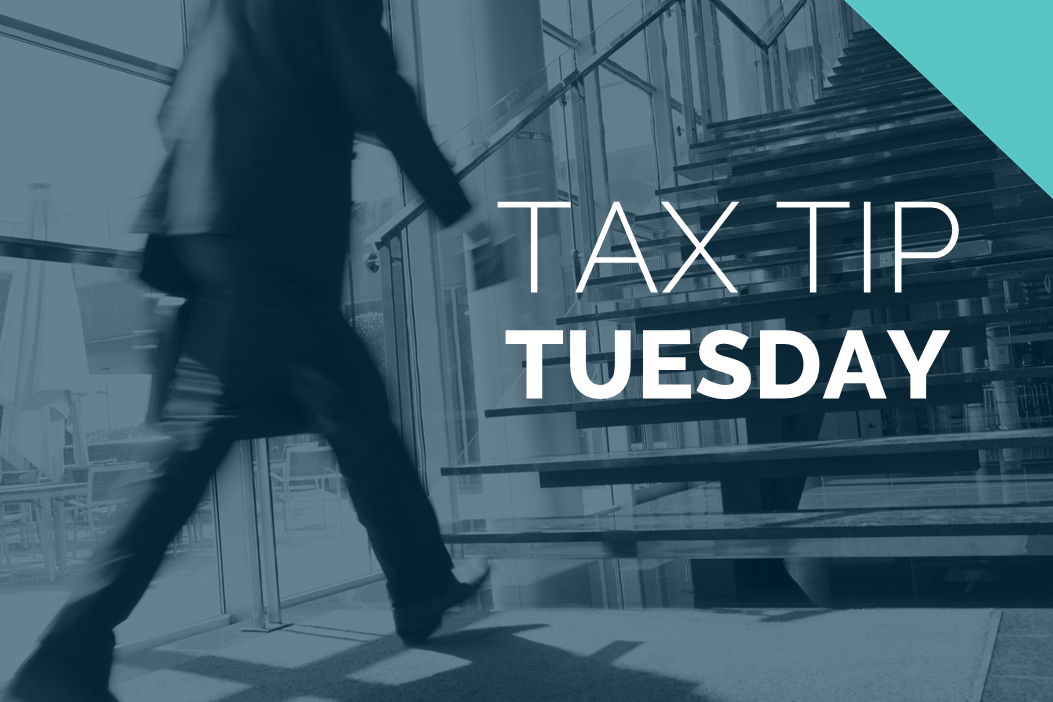Article
Form 1099-K Reporting Changes & How to Prepare
P&N is now EisnerAmper
Effective May 21, 2023, P&N has joined EisnerAmper. Read the full announcement here.
Tax Services • Published 6/29/2018
Top 10 Things to Know About South Dakota v. Wayfair, Inc., et al.

On June 21, 2018, the U. S. Supreme Court made a ruling which will have monumental operational and financial impacts to businesses. While we’ve already published a detailed article about how we got here and what to expect, here are 10 key points we wanted to highlight as you begin to determine what Wayfair means to you.
- This ruling does not just affect online sales. It will affect any sales into states with laws similar to South Dakota’s made by those persons without physical presence in the state.
- Even if you make sales to exempt customers, this ruling will likely affect you. If a taxpayer has nexus as a result of laws similar to the one in Wayfair, it will now be required to collect and retain exemption certificates as proof of exempt sales pursuant to applicable state laws.
- This is not an increase in tax, merely a change in collection. While your customers may not have had to pay sales tax to your business because the business did not have nexus, they were required to accrue and pay use tax on such purchases. This decision merely changes the person responsible for collection and remittance of that tax.
- The Wayfair battle may not yet be over. The Supreme Court remanded the case back to the South Dakota supreme court to review any other constitutional issues that remain after overturning Quill. While there are not expected to be additional constitutional issues with the law, further proceedings may provide a window into what the future of nexus litigation looks like post-Quill.
- Membership in the Streamlined Sales and Use Tax Agreement may become increasingly important. In Wayfair, the Court noted that one of the reasons that it did not expect further constitutional issues from South Dakota’s law was because of the uniformity provided to taxpayers by South Dakota’s membership in the Streamlined Sales and Use Tax Agreement.
- Retroactive laws likely won’t pass muster. The Supreme Court also noted that it did not expect further constitutional problems with South Dakota’s law since the law was not retroactive.
- The Supreme Court decision was not decided along traditional party lines. The majority opinion was signed by both liberal and conservative justices, as was the dissent.
- Timing will be important. Currently, nearly half of the states have enacted laws similar to South Dakota’s. It will be important to understand the effective dates of those laws to determine appropriate compliance.
- There are still open questions. While Wayfair sounded a death knell to Quill, there are still open questions. For instance, would a law like South Dakota’s be constitutional in a state with diverse state and local tax bases and rates, such as Louisiana?
- Help is available for all your state tax questions and needs. For further information, contact the P&N State and Local Tax Team or your P&N service provider.



